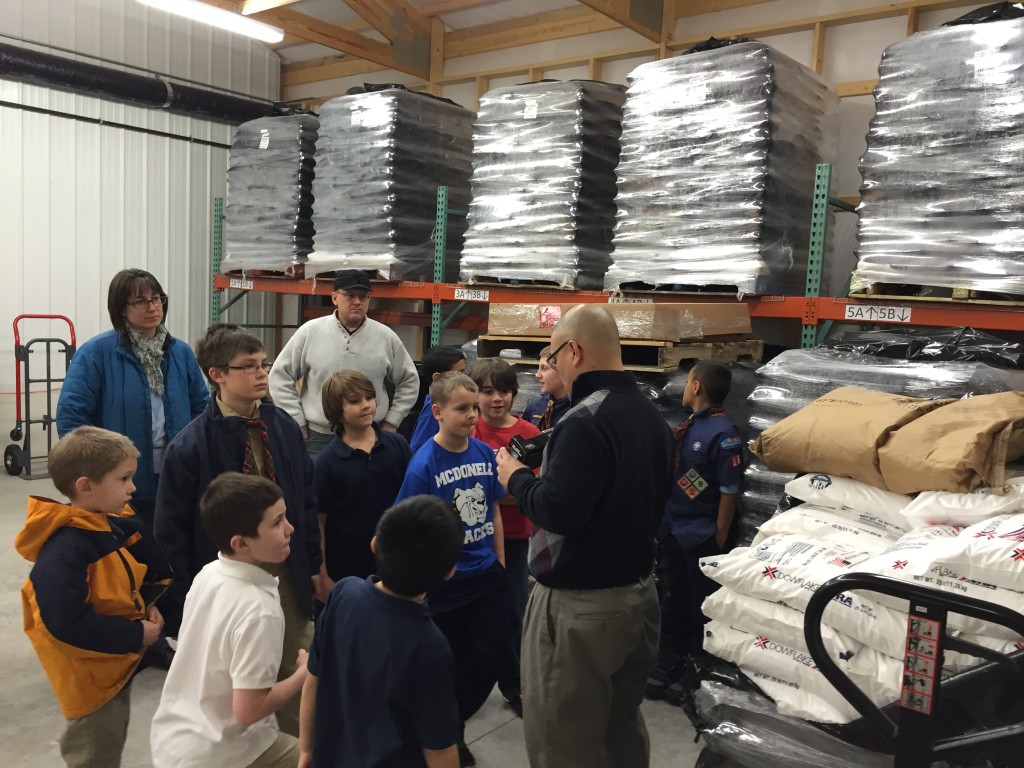Although a federal mediator has been sent to help with disagreements, West Coast ports are still continuing to experience delays. International Longshore and Warehouse Union (ILWU) and the Pacific Maritime Association (PMA) both sent out press releases earlier this month blaming each other for the delays and disagreements. On Jan. 16th, an industry coalition, including the National Association of Chemical Distributors (NACD), sent a letter to ILWU and PMA to encourage a quick resolution between the two parties.
These port delays affect the economy deeply, and ports throughout the country are feeling the backlog as traffic is diverted on alternate routes.

